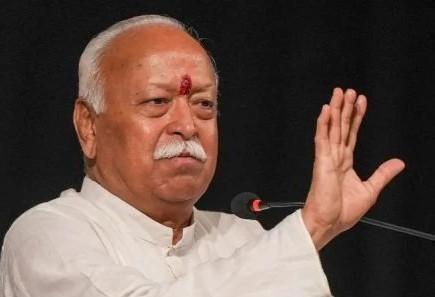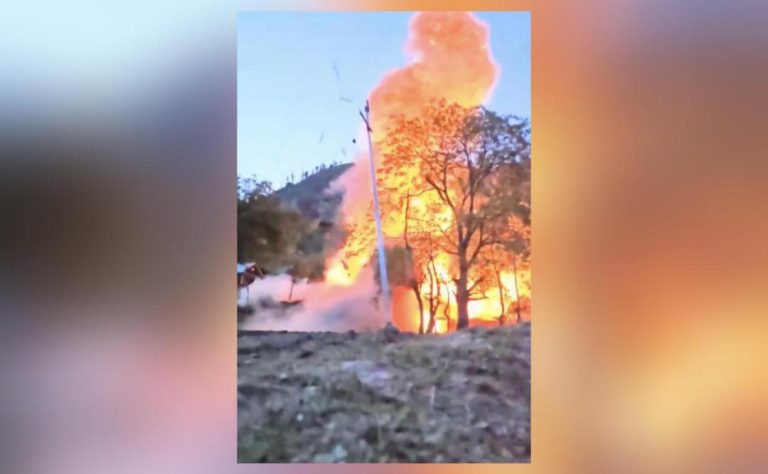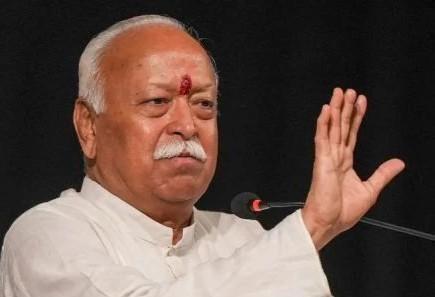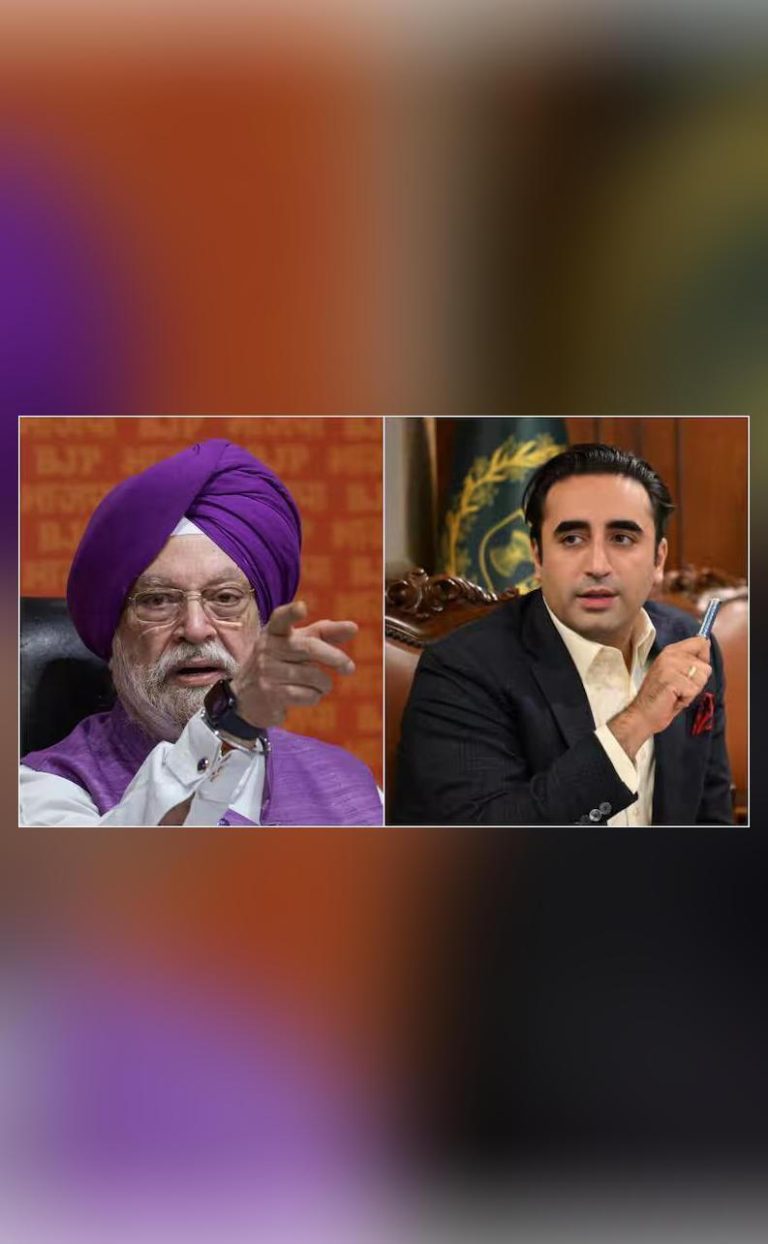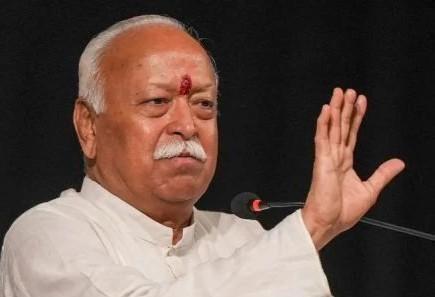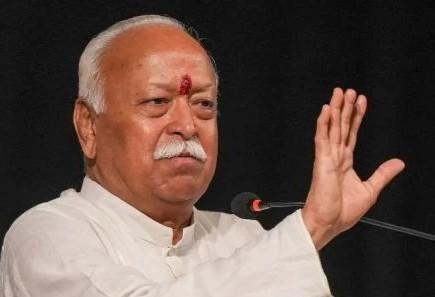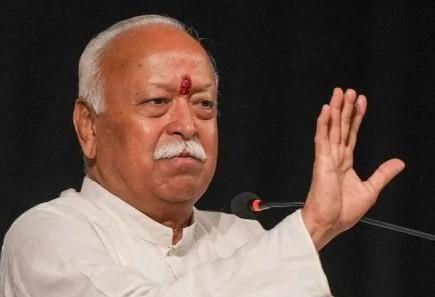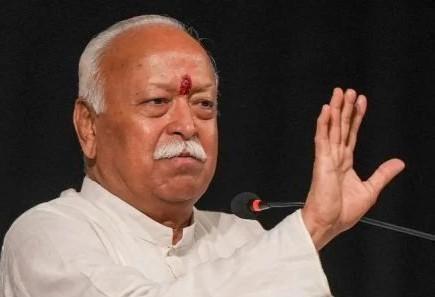
Title: If someone turns to evil then we’ll teach lesson: Bhagwat on J&K attack
In the wake of the recent terror attack in Pahalgam, Jammu and Kashmir, RSS chief Mohan Bhagwat has made some striking remarks that have sparked a heated debate across the nation. In a recent interview, Bhagwat emphasized that non-violence is indeed India’s religion, but so is teaching a lesson to “oppressors and hooligans”. The statement has raised many questions about the approach the country should take in dealing with terrorism and violence.
The RSS chief’s remarks come at a time when the nation is still reeling from the aftermath of the terror attack in Pahalgam, which left several people injured and resulted in the deaths of some innocent civilians. The attack has once again highlighted the importance of maintaining peace and stability in the region, and ensuring the safety and security of all citizens.
Bhagwat’s statement is not without its significance, and it is clear that he is emphasizing the need for a strong and decisive approach in dealing with terrorism and violence. He has made it clear that India will not hesitate to take action against those who are bent on causing harm to its people, and that the country will not tolerate any form of oppression or hooliganism.
However, it is also important to note that Bhagwat’s statement should not be seen as a call to violence or aggression. Rather, it is a reminder that the country will not hesitate to take action to protect its people and maintain peace and stability in the region.
In his interview, Bhagwat also emphasized the importance of India’s non-violent approach to conflict resolution. He made it clear that India has a long history of non-violence and that the country has always preferred to resolve its conflicts through peaceful means. However, he also made it clear that the country will not hesitate to take action if necessary, and that India will not tolerate any form of violence or aggression.
Bhagwat’s statement has sparked a heated debate across the nation, with many people agreeing with his sentiments and others expressing concern about the potential implications of his words. Some have argued that Bhagwat’s statement is a call to violence and aggression, while others have argued that it is a necessary reminder of the country’s commitment to protecting its people and maintaining peace and stability in the region.
It is clear that Bhagwat’s statement is not without its significance, and it is important to consider the potential implications of his words. While it is important to maintain peace and stability in the region, it is also important to ensure that the country’s actions are guided by a commitment to non-violence and peaceful conflict resolution.
In conclusion, Bhagwat’s statement is a reminder of the importance of maintaining peace and stability in the region, and ensuring the safety and security of all citizens. While it is important to take action to protect the country and its people, it is also important to ensure that these actions are guided by a commitment to non-violence and peaceful conflict resolution.
Source: https://youtu.be/SpAKVWl5wII
